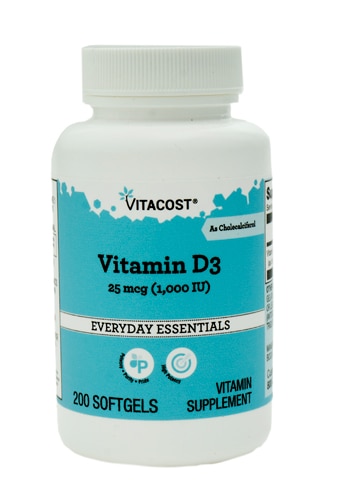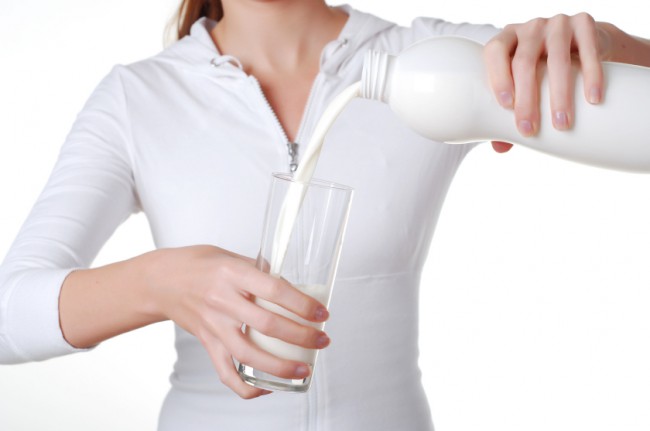Everyone knows that calcium and vitamin D are important for maintaining bone health, but people often ask: How much of each do I need to take? What kinds should I take? And do I need to take vitamin D—the sunshine vitamin—during the summer months?
First, let’s consider calcium intake. It’s a good idea to get as much as you can through diet, and then add supplements if you need more. It’s best to take your calcium supplements in the form of calcium citrate (because it allows for maximum calcium absorption), but be aware that excessive calcium citrate intake can cause stomach upset in some people.
As you probably already know, dairy products like milk, yogurt and cheese are great sources of calcium. They also contain whey-concentrated proteins, which promote bone density, as well as lactulose, a sugar that enhances the absorption of calcium. If you have allergies to dairy products, or you’re lactose intolerant, many non-dairy foods are also high in calcium. These include collard greens, kale, spinach, Chinese cabbage, soy milk, tofu, blackstrap molasses and sardines.
The National Institutes of Health’s recommended daily calcium intake is listed by age group as follows: 200 mg for those under 6 months of age; 260 mg for those 7 to 12 months of age; 700 mg for those 1 to 3 years of age; 1,000 mg for those 4 to 8 years of age; 1,300 mg for those 9 to 18 years of age; 1,000 mg for those 19 to 50 years of age; and 1,200 mg for those 51 years of age or older. The recommended daily amount for people with osteoporosis is 1,500 mg.
So what about vitamin D? It’s essential to look at your vitamin D intake along with your calcium intake, because you need vitamin D in your intestinal tract in order for calcium to be absorbed.
There’s more than one type of vitamin D, and it helps to know some basics about their differences. One type, known as D2 (ergocalciferol), is made in plants and added to many dairy products. Another type, known as D3 (cholecalciferol), can be absorbed from eating eggs, salmon, tuna, sardines, mackerel and cod liver oil. Your body also naturally manufactures vitamin D3 when your skin is exposed to sunlight.
It has been found that vitamin D2 is less than one third the potency of vitamin D3*. Many experts consider vitamin D2 to be inferior for supplementation, and therefore it’s recommended that you supplement with vitamin D3. While most vitamin D3 supplements are derived from animal sources, vegan versions, such as Garden of Life KIND Organics Vegan D3 Spray, are available.
Should you take vitamin D during the summer months? The best way to answer this question is to find out if you have enough D3 by asking your doctor to run a standard blood test (called a 25-hydroxy vitamin D test). If the results show that your vitamin D3 level is low, you would most likely benefit from taking vitamin D not only during summer but throughout the year.
The recommended daily intake is 600 international units (IU) for people from age 1 to 70 years of age, and 800 IU for people 71 years of age or older. Vitamin D supplements designed to help build bones typically contain 600 to 800 IU of vitamin D.




